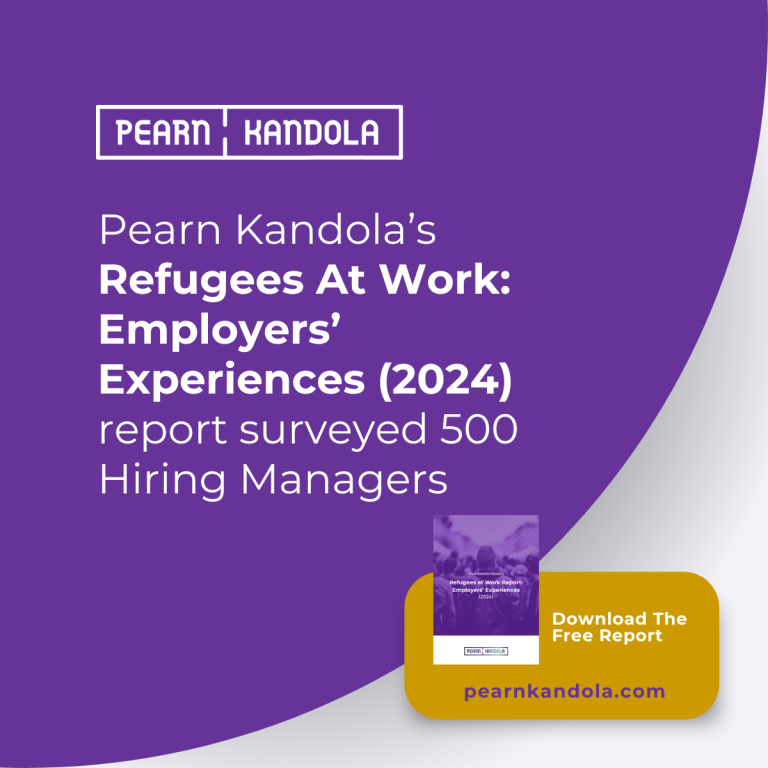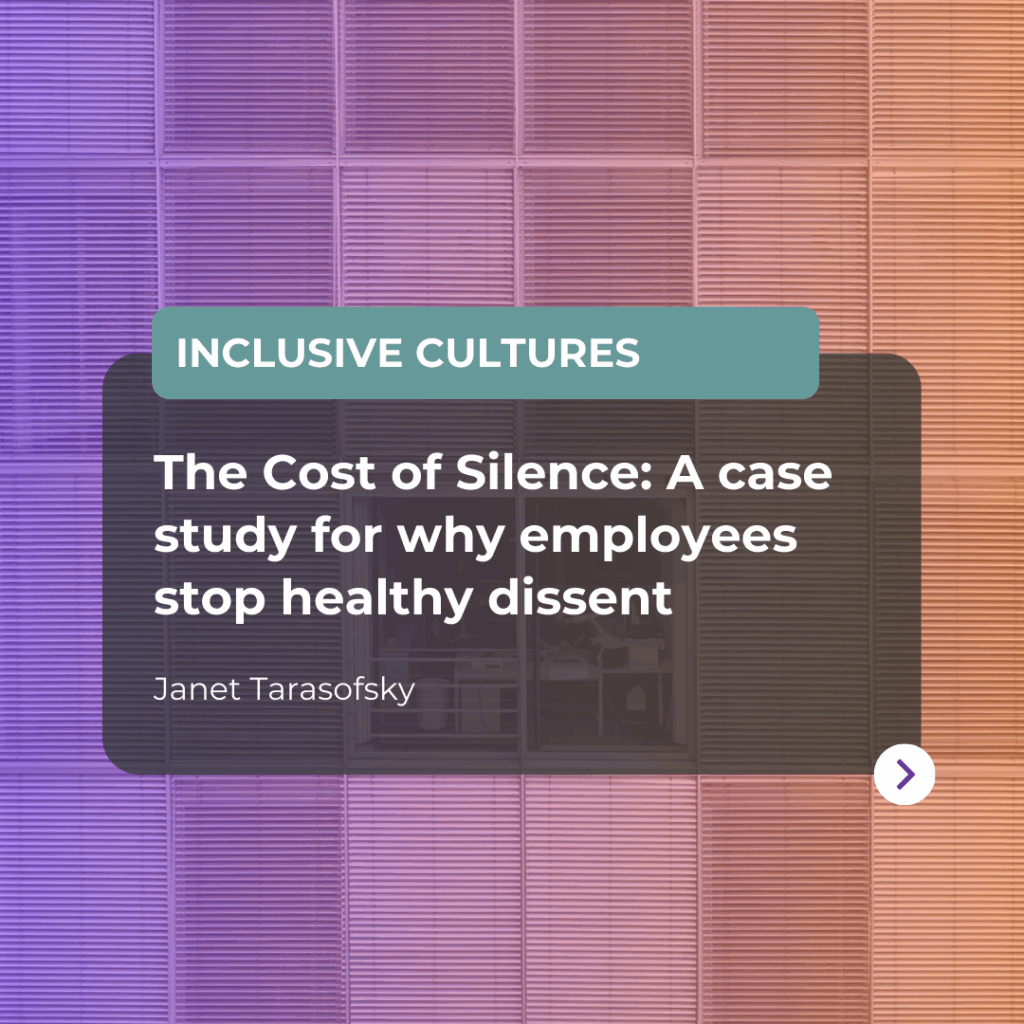We are proud to share our latest two-part research piece on refugees in the workplace, looking at both the experiences of refugees and employers.
This second piece of research, Refugees At Work: Employers’ Experiences (2024), was carried out to understand the perceptions and attitudes of senior managers towards refugees in the employment sector.
The research was carried out between 1st March and 6th March 2024, targeting 500+ senior managers with hiring responsibilities in their respective organisations.
You can download the report in full on our Research Page and view a summary below.
Refugees At Work: Employers’ Experiences (2024) Report Summary
This comprehensive study delves into the perceptions and attitudes of key decision-makers towards refugees in the workplace.
It provides insights into various demographic factors, such as gender and age, and through a series of questions, unearths the views those in hiring positions have on refugees and the knowledge they have around existing qualifications and legal frameworks in place.
Through meticulous data analysis, the report aims to shed light on the complexities and nuances of integrating refugees into the workforce while offering valuable perspectives for creating inclusive and equitable hiring practices in the future.
Refugees At Work: Employers’ Experiences (2024) Report Sample
We interviewed 500 Senior Managers in the UK with hiring responsibility at their respective organisations.
Some of the key findings from the research were:
- 50% of those surveyed have hired a refugee in the past
- 66% believe that hiring refugees would have a positive impact on their business overall.
- 11% are unconfident in their ability to recognise and understand qualifications from diverse educational backgrounds, including those from refugees
- 22% agreed with the statement ‘refugees are not compatible with the British work culture’
- 48% believe that British Citizens should get preference over refugees for job vacancies
Overall, these findings support those found in the Refugees’ Experiences At Work (2024) report and provide further insight into what may be contributing to the barriers in place for employment.
For example, while the majority of respondents believe that hiring refugees would have a positive impact on their business overall, there are varying attitudes towards refugees when compared to British Citizens based on assumptions made about work ethic, qualifications and whether British Citizens should take priority over refugees for available roles.
To view the full report and survey results broken down by gender, location, industry and more, you can download the report for free on our research page.
You can also view a summary of the first part of the research, ‘Refugees’ experiences at work’, where we interviewed 20 refugees, here.
For more tailored support on creating a more inclusive workplace and recruitment process, please email us at info@pearnkandola.com






